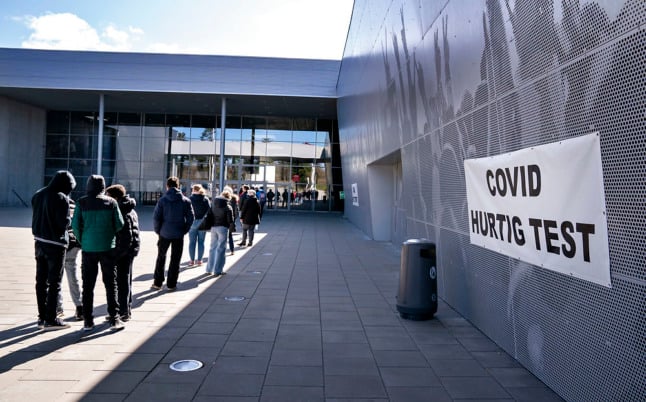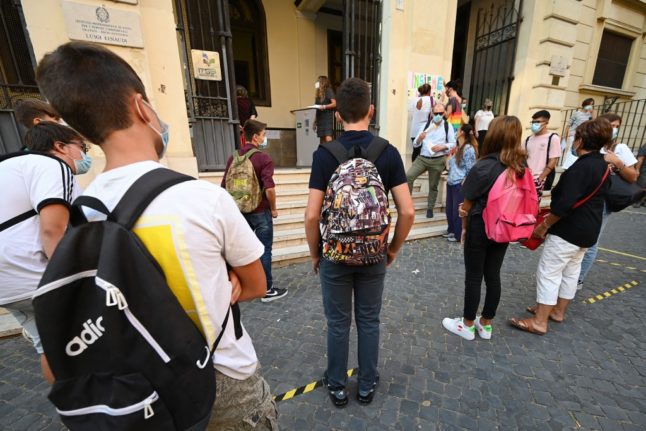That represents a reduction of the 400,000 daily tests which were available at the time of the downsizing.
The decision was made after demand dropped below 200,000 tests for seven consecutive days, the relevant authority, Styrelsen for Forsyningssikkerhed (Agency for Supply Sufficiency), said in a statement.
A maximum distance of 20 kilometres to the nearest test centre will remain in place. Both PCR and rapid tests will continue to be available in all municipalities.
Denmark ramped up its rapid testing capacity earlier in the year as it made a recent negative test a requirement to use many public services following the lifting of lockdown. But the demand for the tests has gradually tailed off as the number of vaccinated people increased.
“Weekly cotton buds in the nose and throat are history for very may Danes but we must continue to ensure good testing capacity for people who still need a test for their corona passports,” agency director Lisbeth Zilmer-Johns said in a statement.
The capacity for PCR testing is 170,000 tests daily and will not be changed.
An average of 81,000 PCR tests and 146,000 rapid tests were taken daily during the last week, according to the statement.
The downscaling means that some centres will now have shorter opening hours and fewer staff available.
Authorities generally pay the private suppliers for the number of tests they carry out, rather than based on capacity.
READ ALSO: What tourists need to know about Denmark’s coronapas system



 Please whitelist us to continue reading.
Please whitelist us to continue reading.
Member comments